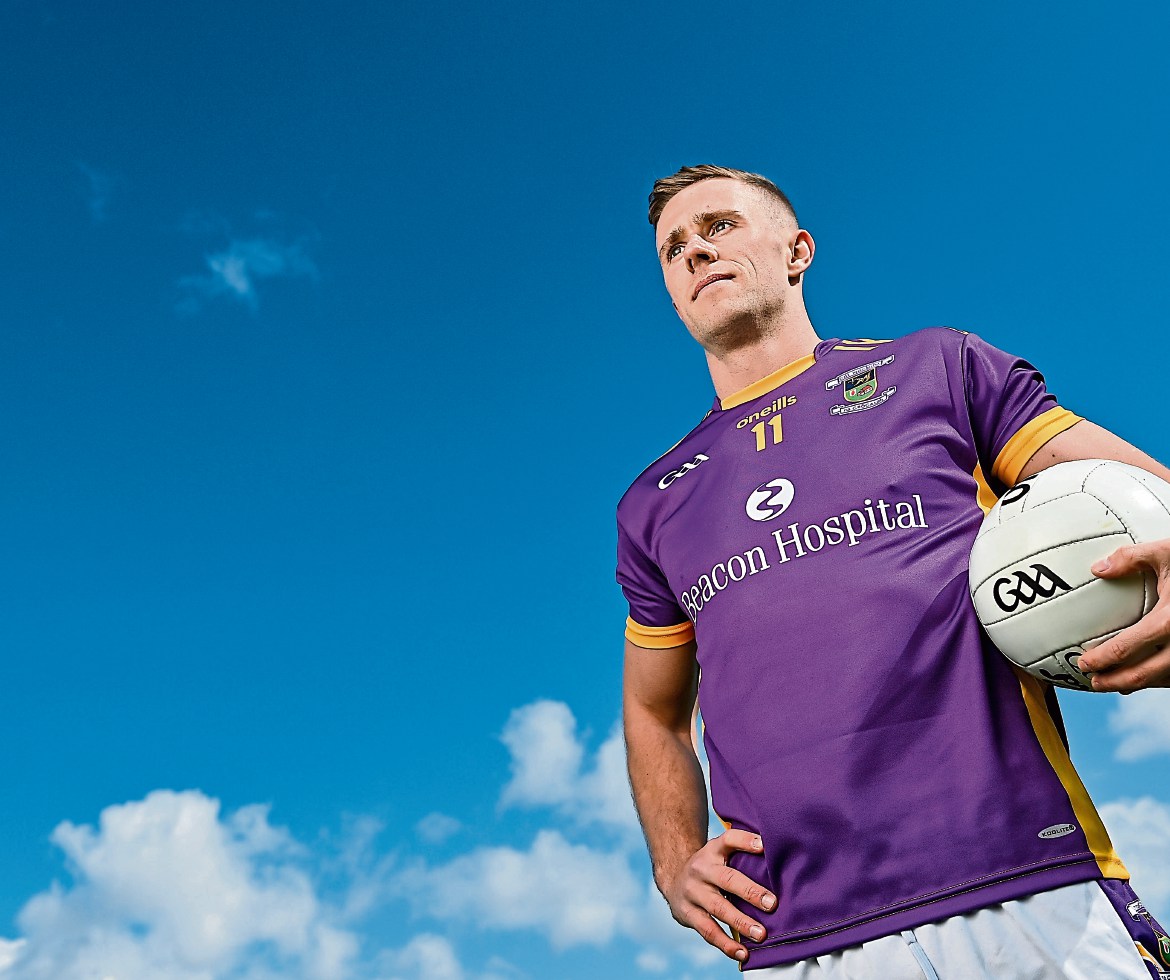EVERY few years a catchphrase takes hold of the GAA world and pops up everywhere until it becomes meaningless, if it ever had any meaning at all. Phrases like ‘highly rated coach,’ ‘hunger’ and ‘burnout.’
It’s a shame that burnout has become associated with a catchphrase. A word thrown about the place when people want to pretend they care about player welfare and behave like they’ve actively thought about it.
For example, all the high-profile pundits who complain about the new season were all in unison that burnout was a problem, but when presented with a partial solution, such as a more defined calendar, some of them quickly forgot their concerns for player welfare, when their own airtime was curtailed.
Unfortunately, unlike hunger and excellent coaches, burnout is prolific amongst our population and we probably just don’t know how to spot or address it.
What is burnout in sport? Very simply, it happens when people who previously have been hugely committed to a sport lose all interest and motivation. Ironically, it usually happens to those who have been the most hard-working, committed and driven people. Never to the lad who just showed up to training for the new gear bag.
It happens because these people are drained of their emotional, psychological and physical reserves.
Those who find it hard to say no, who are juggling different teams and commitments (hello gifted college players!) or who are under intense or sustained pressure for a prolonged period of time are the most at risk.
It’s not only players who are at risk. Coaches and managers can be too.
Especially if they’re striving to become one of the highly-rated ones. Perfectionism, lack of delegation, working towards excellence without enough emotional support is also a recipe for burnout in sport.
It’s hard to spot too, as it usually is a phenomena due to years of intense schedules, hard work and dedication. There’s nothing wrong with that. But it’s hard to cope with if you don’t get enough time to rest and recover.
Burnout often expresses itself as a reduction in motivation and performance, illness and injury, or worse, leaving the sport altogether. A talent lost.
The first internal sign someone may get to indicate that burnout might be around the corner is feeling a lack of control over commitments. Going from one task or job to the next, building up to just showing up for training and hating the thought of togging for a match.
Next may come the feeling that you’re accomplishing less, which starts a vicious cycle of a hard worker, with a head full of negative thoughts, trying even harder leading to physical and mental fatigue, which can cause injury and mental distress. Irritability is common, causing conflict and stress at work and at home.
Burnout can be avoided. But to do so, requires a support network that understands that gifted players cannot do it all, all the time. Especially when they’re either at college or holding down a job or rearing a family. Sometimes all three at the same time.
And that’s the main difference between the GAA and other elite sports. The inter-county player might not get to bed until 1am and might be out of it again a few hours later for a commute or a gym session.
Whereas if they played rugby for their province they’d have scheduled rest for the body and the head.
Sometimes even the highly rated coaches don’t respect the need for rest to be an excellent player. The more this culture is pervasive within the GAA, the more it is harming people.
Off- seasons are essential so people can take a break from the hamster wheel.
Even if you love it, too much of a good thing isn’t good for any of us. We need to embrace a new culture where players are encouraged and allowed to say they’re too tired to train, and where coaches monitor load appropriately and enforce rest when needed.
Space needs to be given to players to evaluate and prioritise their goals in a way that lets them recover. This will foster better people, who will naturally be better players.
If you feel you’re feeling the effects of burnout, the best thing you could do is to evaluate the demands placed upon your shoulders and see how they actually fit the life goals you’ve set for yourself.
Reduce excessive commitments, and involve others. Speak up and tell them you’re struggling. Most importantly, get your sleep.
There’s a reason why all the sports performance apps and gadgets monitor your sleep quality. Everything looks better with 7-9 hours sleep in the tank.
The first thing to slip on the road towards burnout is sleep. The newer GAA schedules will help with this. The season isn’t as long any more, allowing for downtime.
You might not believe it listening to some of the hyperbole, but this should lead to more quality matches for us to watch, if we’re going to be purely selfish about it. But more importantly, it’s giving our players a chance to rest and play ball in a way that enriches all of us.
Receive quality journalism wherever you are, on any device. Keep up to date from the comfort of your own home with a digital subscription.
Any time | Any place | Anywhere












